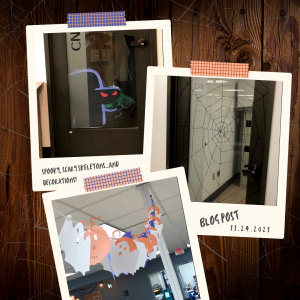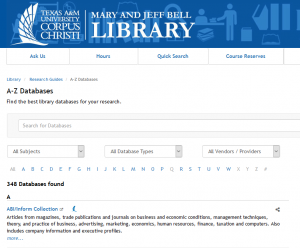One of the reasons I love history is because I love a good story. History tells us the stories of individuals, families, groups, nations—stories that help us understand our own lives and our place in the world. Archives are often called “the raw stuff of history,” the voices out of which the historical narrative is woven. But some voices ring more loudly in the archives than others. The term archival silence describes a gap in the existing historical record. It is particularly used to illustrate the ways that marginalized groups of people have been kept out of the official record and, in turn, out of the history books.
A record must go a long way to make it to the archives and into a historian’s hands. First it is created and used for a certain purpose. Then it must be kept from destruction, either deliberately or through luck. After that it must be deemed important enough to be accepted into the archive, and finally the archivist must make it available and discoverable.
Every stage of that process is performed by a human. And as humans, despite our best efforts, we all bring our own perceptions, opinions, and biases to the things we do. As a result, the records created by the wealthiest, most educated, and most well-connected in a society have the greatest chance of surviving this gauntlet of choice and chance.
A slaveowner creates a record of enslaved people from his perspective: as property, not as individuals with agency and dignity. Those enslaved people do not have the same ability to create and preserve records of their own thoughts, feelings, and experiences. Or if they do, it may be in an alternate form—an oral rather than written history, for example—which is not valued as evidence by the archive in the same way. So one perception, one set of facts, makes it into the “official” historical record, and another does not.
Family records are more likely to be lost, left behind, or destroyed if the family in question moves around frequently, searching for opportunity or escaping peril, than if they have their own secure corner of the world to build their legacy upon.
We archivists know that we cannot possibly save every document in the world; we try to make the most of our limited resources by selecting the most important and historically significant among them for preservation. But we have only our own clouded, imperfect ways of seeing and recognizing significance. Inevitably, our predecessors have made mistakes which we inherit, and we in turn make mistakes which affect those who come after us.
The result is that, in aggregate and over time, our archival collections do not reflect the full width and breadth of human experience. Instead they often privilege the voices of the most powerful in a society, and therefore perpetuate those people’s perspectives as somehow more true or neutral, because the opposing narrative isn’t there. “History is written by the victors,” after all.
So what can we do about the silences in our archives? The first step is simply to acknowledge them. If we recognize that the basis for our history—the archival record—is incomplete, then it opens us up to the possibility that there are more voices out there that we haven’t yet heard. It causes us to listen more carefully and prompts us to look at what we do have and ask, “Who isn’t here, and why?” And listening—being open to the possibility that there is more going on than we were aware of—is the first step towards a world where all voices are valued and heard.


